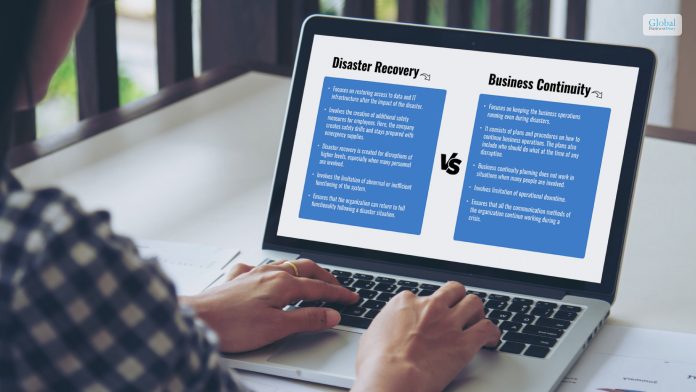Wholesale Hair Extensions: The Backbone Of Your Beauty Business

In beauty and fashion, hair extensions have emerged as a game-changer. They offer a quick and convenient way for people to transform their looks, experiment with different hairstyles, and boost their confidence. For entrepreneurs in the beauty industry, wholesale hair extensions have become the backbone of their business. This article will explore why wholesale artificial hair is essential for beauty businesses and how they can drive success.
The Rising Demand For Hair Extensions
The demand for hair extensions has been on a constant rise in recent years. Women and men of all ages are turning to hair extensions to achieve longer, thicker, and more luxurious hair. This surge in demand can be attributed to several factors, including the influence of celebrity endorsements, social media, and the desire for a quick hair makeover.
Variety And Versatility
One of the key advantages of hair extensions at wholesale is the incredible variety and versatility they offer. Beauty entrepreneurs can source extensions in various textures, lengths, and colors to cater to a wide range of client preferences. Wholesalers provide an extensive selection, whether it’s straight, curly, wavy, or a specific shade of hair.
Quality Assurance
When purchasing hair extensions in bulk, beauty businesses can ensure quality control. Reputable wholesale suppliers often provide high-quality, ethically sourced hair that undergoes rigorous testing. This guarantees that the extensions will meet the expectations of your clients, helping you build trust and a loyal customer base.
Cost Efficiency
Buying hair extensions at wholesale prices allows beauty entrepreneurs to maximize their profit margins. Purchasing in bulk lowers the cost per unit significantly, enabling businesses to offer competitive prices while still enjoying healthy profits. This cost efficiency is a vital factor in the success of any beauty business.
Meeting Client Demand
Wholesale artificial hair enables beauty businesses to meet the growing demand for hair enhancement services. Whether you run a salon, a retail store, or an online shop, having a steady supply of high-quality extensions is essential to satisfy your clients’ needs. Being well-stocked ensures that you can handle both regular appointments and last-minute requests.
Building A Brand Identity
In the beauty industry, having a unique brand identity is crucial for standing out in a competitive market. Hair extensions at wholesale provide an opportunity to create a signature line of products under your brand. You can customize the packaging, choose specific hair types, and even offer exclusive colors and textures that align with your brand’s image.
Customer Loyalty
Consistency is key to building customer loyalty. Wholesale artificial hair extensions enable you to maintain a consistent supply of products, ensuring that your clients can rely on your services whenever needed. This reliability fosters trust and encourages repeat business, which is essential for the long-term success of your beauty venture.
Diversifying Revenue Streams
For beauty entrepreneurs looking to diversify their revenue streams, wholesale hair extensions offer an attractive option. You can sell extensions alongside your salon services or retail them through your online store. This diversification boosts your income and makes your business more resilient to market fluctuations.
Educational Resources
Many wholesale suppliers offer educational resources and support to their clients. This can include training on installing and maintaining hair extensions, marketing assistance, and access to product knowledge. Such resources are invaluable for beauty businesses, especially those looking to expand into the hair extension market.
In conclusion, wholesale hair extensions have emerged as the backbone of the beauty industry. They offer beauty entrepreneurs a range of benefits, from cost efficiency and quality assurance to brand identity and marketing opportunities. By incorporating wholesale artificial hair extensions into your beauty business, you can meet the rising demand for hair enhancement services, diversify your revenue streams, and build customer loyalty. Ultimately, these extensions can be the key to the success and growth of your beauty venture in a competitive market.
Read Also:














